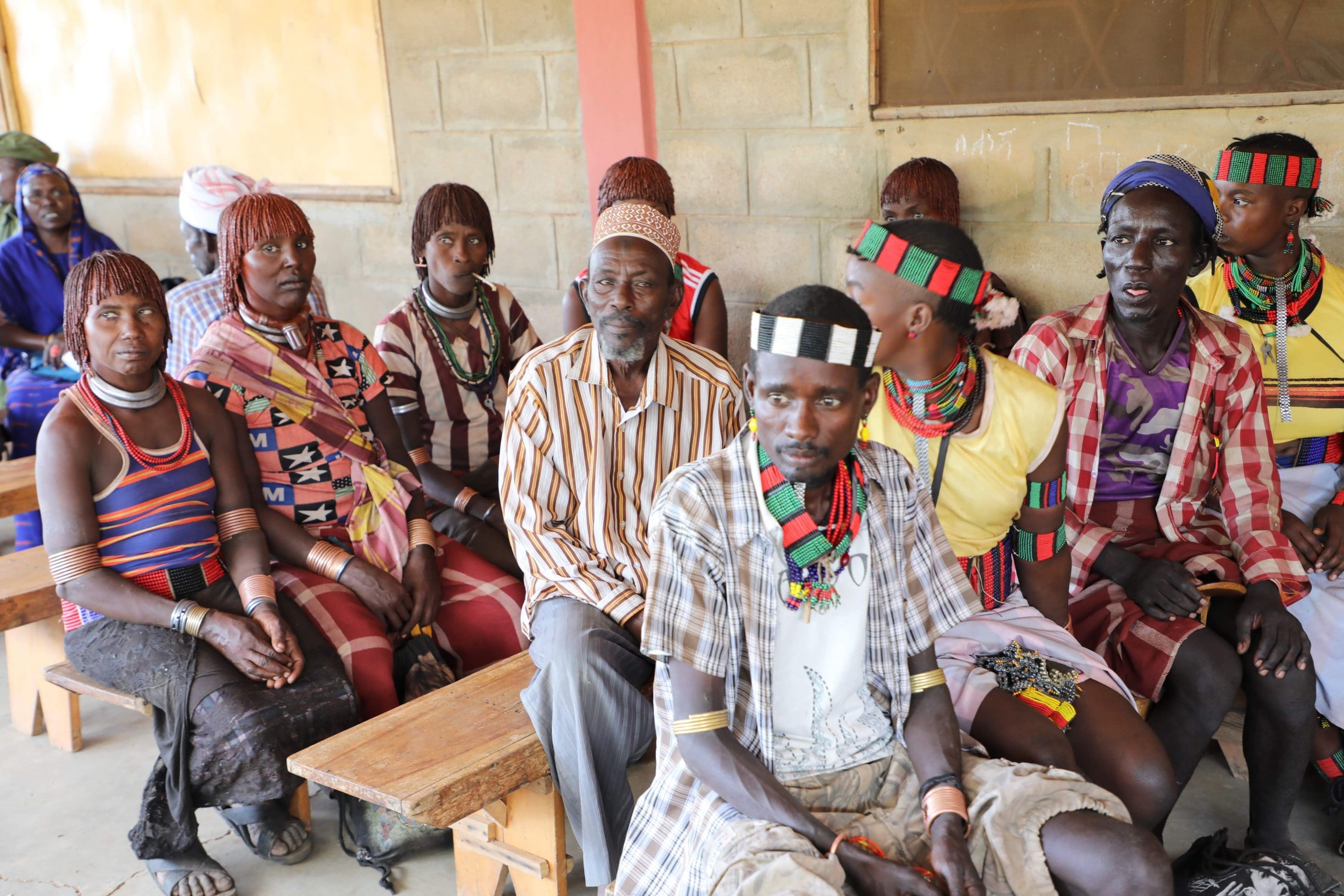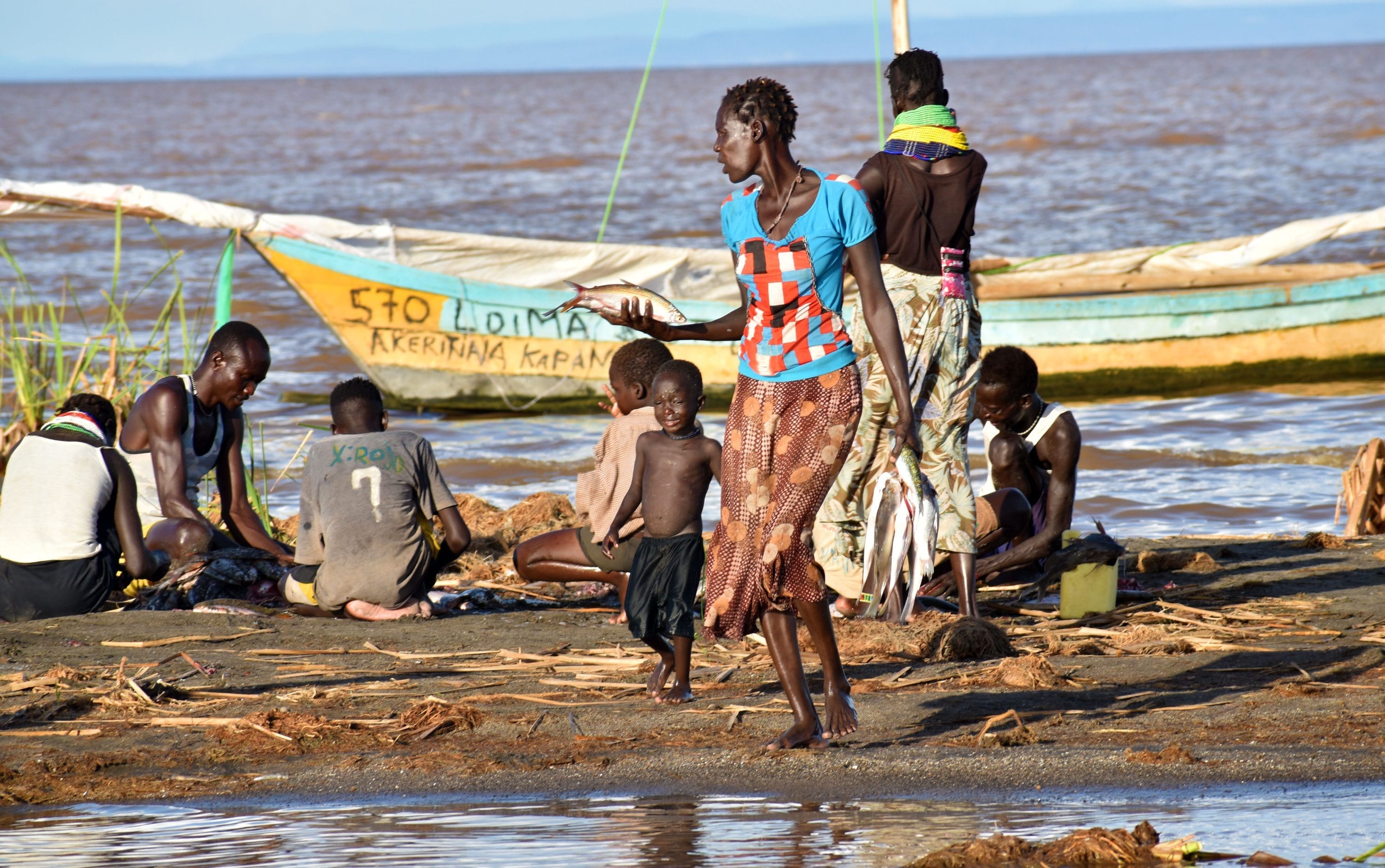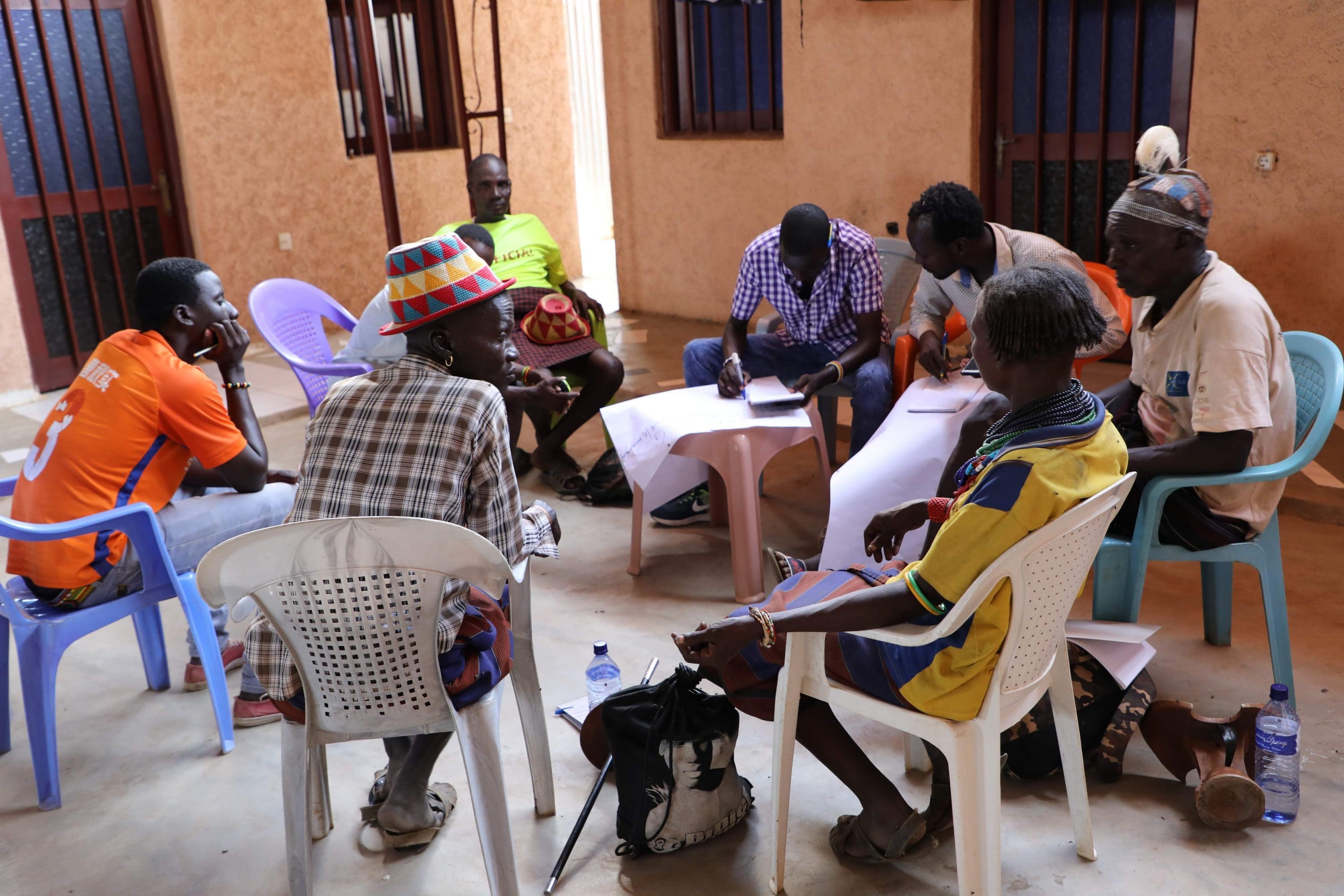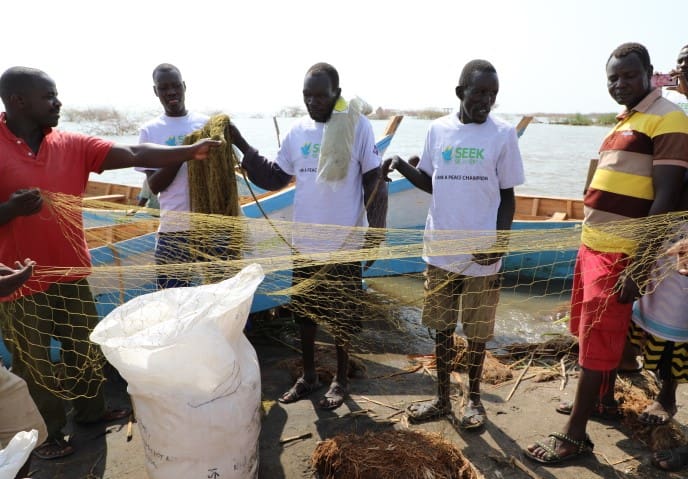Pact Blog Series
Methods to Inform Responsive, Community-Led Programming
This 4-part blog series describes a core group of ‘good practices’ that Pact implemented in the Horn of Africa. The European Union Trust Fund for Africa (EUTF)-funded Regional Approaches for Sustainable Conflict Management and Integration (RASMI) and Selam Ekisil (SEEK) projects sought to prevent and mitigate the impact of local conflicts in selected areas of the Kenya-Ethiopia-Somalia cross-border region through the promotion of peacebuilding, conflict management and conflict resolution capacities at the community and cross-border levels.
The blog series was authored by Gedion Juma & Caroline Brazill.

Conflict Systems Approach
A program that takes a conflict systems approach understands conflicts as living systems, acknowledging and leveraging dynamic interactions and connections among factors and actors and working to create positive feedback loops that produce desirable outcomes. SEEK and RASMI built from the lessons learned from Pact’s previous Peace in Central Africa III (Peace III) project to apply a conflict systems approach.

Applied Political Economy Analysis
Applied political economy analysis (APEA) is a methodology designed to understand the underlying interests and incentives that contribute to the decisions and behaviors of key actors. In Pact’s cross-border, conflict-systems based peacebuilding programming, APEA is a foundational analytical tool that programs carry out during the start-up phase and utilize regularly to inform key project decisions. The findings from RASMI and SEEK project APEAs enabled the projects to tailor interventions based on stakeholder interests and incentives as they related to the unique drivers revealed in conflict system mapping exercises.

Outcome Mapping
Outcome Mapping (OM) is a participatory monitoring and evaluation methodology in which project teams actively engage change agents from the project’s outset in the design and implementation of a learning-oriented strategic plan that enables change agents to identify and act on their own criteria of success. Together with the formative Applied Political Economy Analyses (APEAs) and the Conflict Systems Approach, OM enabled SEEK and RASMI to embrace the complexity of the cross-border operating environment and design interventions based on community experiences.

Advancing Peace Dividends
Peace dividends are the returns that communities receive on their investments in peace. Peace dividend projects incentivize and sustain peaceful relations or non-violent behavior in communities that have engaged in peacebuilding or conflict management programming. Together with the formative Applied Political Economy Analyses (APEAs), the Conflict Systems Approach and Outcome Mapping (OM), the inclusion of peace dividends enabled SEEK and RASMI to embrace the complexity of the cross-border operating environment and design interventions based on community needs and experiences.